
IMG_1136 Huawei by A4-Nieuws, licensed under CC BY-SA 2.0/Original
Back in January, the Trump administration took legal action against Chinese telecommunications megalith, Huawei, charging it with theft of intellectual property among other skulduggery:
A 10-count indictment, which was filed in Washington state, claims that Huawei worked for years to steal T-Mobile’s proprietary phone testing technology, known as “Tappy.” Huawei supplied phones to T-Mobile, and had access to some information about Tappy because of that relationship.
Huawei was also building its own phone-testing robot in China. Federal prosecutors claim the company repeatedly directed its own employees to gather details about how Tappy worked — a violation of the confidentiality and non-disclosure agreements it had with T-Mobile.
Employees were allegedly asked to send information such as photos, measurements and the serial numbers of various components. One employee was caught stealing one of the robot’s arms by placing it in his bag, according to court documents.
US prosecutors say that Huawei then obstructed justice when the T-Mobile, which is based in Washington, threatened to sue it.
Huawei allegedly came up with a false and misleading report about the attempts to steal Tappy technology, in which it blamed rogue employees. At the same time, the company launched a formal bonus program that rewarded employees who stole trade secrets from competitors, according to the indictment.
The government also unsealed a 13-count indictment against Huawei and Meng in Brooklyn federal court. That document details an alleged scheme by Huawei to deceive financial institutions and the US government about its business in Iran.
According to the indictment, the deception goes back to mid-2007, when Huawei’s founder, Ren Zhengfei, falsely told the FBI that the company did not violate any US export laws, and that it had not dealt directly with any Iranian company.
Yesterday, President Trump signed an executive order banning the sale of Huawei equipment in the United States and forbidding US companies to sell components to Huawei.
President Trump moved on Wednesday to ban American telecommunications firms from installing foreign-made equipment that could pose a threat to national security, White House officials said, stepping up a battle against China by effectively barring sales by Huawei, the country’s leading networking company.
Mr. Trump issued an executive order instructing the commerce secretary, Wilbur Ross, to ban transactions “posing an unacceptable risk” but did not single out any nation or company. The action has long been expected and is the latest salvo in the administration’s economic and security battle with China. It is also the most extreme move in the Trump administration’s fight against China’s tech sector.
My gut feeling is that this is more that merely a dispute about IP theft and the Chinese using Huawei gear as a backdoor to penetrate otherwise secure government and business networks. I think, viscerally, Trump sees international trade as a field of competition as much as the Persian Gulf and the South China Sea. You either have to be seen as being in command of the situation or your rivals and competitors will run over you. This is the basis, I think, of his focus on equity in trade deals. The hit at Huawei is an attack on an arm of the Chinese government that is trying to use the openness of the West and the globalization of trade as a tool for espionage, theft, and influence peddling. Huawei might as well be part of the Chinese armed forces by its actions. This is from Henry Farrell. Farrell is professor of political science and international affairs at George Washington University.
1. A thread on why Trump decision to put Huawei on the entity list is a very big deal indeed, as @Dimi and others are arguing. ft.com/content/c8d6ca… . This is a far bigger step than just excluding Huawei from the US market.
2. It requires any US company that wants to supply Huawei to first ask the US government for permission. This has obvious implications for Google’s Android operating system, Qualcomm chips and a myriad of other suppliers
3. Dennis Wilder says that this is the “beginning of decoupling” in the telecommunications sector. It’s the clearest sign yet that the basic assumptions of globalization are collapsing. As @ANewman_forward and I argue, interdependence is being weaponized. https://t.co/kjovzPN1P2
4. The globalization of the 1990s massively transformed the world economy. National economic systems that had previously been separate from each other became densely interpenetrated, and deeply dependent on financial, informational and trade networks that spanned borders.
5. These networks are structurally embedded. Supply chains have been globalized, in the pursuit of economic efficiencies. It’s hard to imagine how the world economy could work without them. But the pursuit of efficiency created strategic vulnerabilities.
6. Some networks had hub structures meaning that states that could control te hub could control the network. Others relied on crucial components that were single sourced or sourced within an individual country.
7. The last decade has seen states move increasingly to exploit these vulnerabilities against others or to shore their own vulnerabilities up against outside attackers. That’s the story of the use of SWIFT against Iran, and increasingly it’s the story of fights over tech/networks
8. A world of networks built around the pursuit of economic efficiencies is becoming a world where these networks are being exploited (or at risk of being exploited) for strategic advantage.
America’s Misuse of Its Financial Infrastructure
https://nationalinterest.org/feature/america%E2%80%99s-misuse-its-financial-infrastructure-527079. The Huawei move displays both US fears about vulnerabilities, and US efforts to exploit them. The US is worried that 5G networks could compromise US communications to surveillance. US is not only moving to push Huawei out of existing markets – but to damage Huawei’s core
10. business by potentially preventing it from using core US components (such as Qualcomm chips or Android OS (it remains to be seen exactly which technologies will be listed). Chinese hawks are talking about retaliating through e.g. blocking sales of rare earths again.
11. This will also reinforce Chinese efforts to build “autonomous and controllable” technology and supply chains outside US control to decrease their vulnerability to future attack.
12. The old model of globalization is in serious trouble. The networks that tie the world economy together are being exploited for strategic gain. The US move is both a response to fears about its own vulnerabilities, and an effort to exploit China’s vulnerabilities in return.
13. The result will likely be escalation – but we don’t know for sure. We still don’t have anything that approaches a strategic analysis of this new field of politics and how it works. Historical experience provides no good recent analogies.
14. During the Cold War, the US dominated parts of the global economy and Comecon were largely disconnected, with the exception of raw commodities such as grain. Now, the economies of US, Europe, China and Russia are deeply intertwined.
15. If you want to be pessimistic, you can resort to scorpions-in-bottles analogies. If you want to be optimistic, you can point to continued shared interests that states have in avoiding major economic disruptions. The willingness of the US to push this so far and so hard
16. suggests the skeptics may find their fears justified – but we’ll be finding out. Interesting times for international political economy scholars, if frightening times for the international political economy. Finis.
This is very much in line with much of what we’ve seen from Trump. The United States that the world knew–the one with deep pockets and ready to forgive any insult–is giving way to a US that is keenly aware of its power and very transactional in its strategy. We see this with the spat with the ROK over burdensharing. The squabble with NATO over spending. Rewriting NAFTA. Tariffs. Etc. And we’re also seeing trade policy and national defense policy melding in a way we haven’t seen since Reagan tried to stop the USSR from building a gas pipeline to Western Europe.
=========
=========
Like what you see? Then visit my story archive.
Follow @streiffredstate
I’m on Facebook. Drop by and join the fun there.
=========
=========


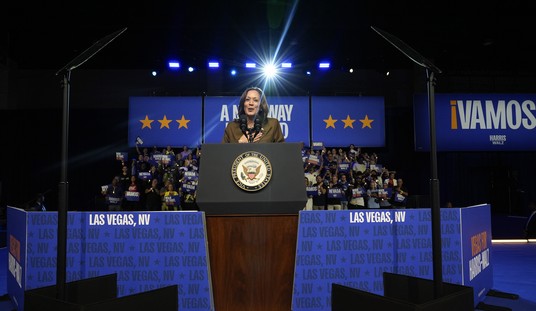


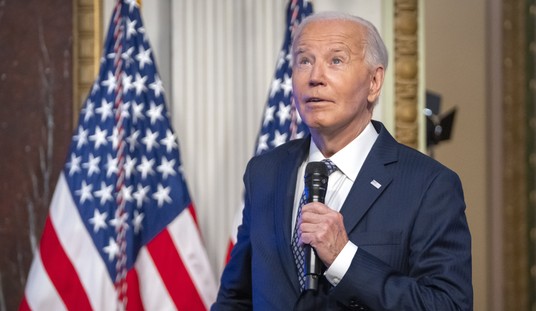



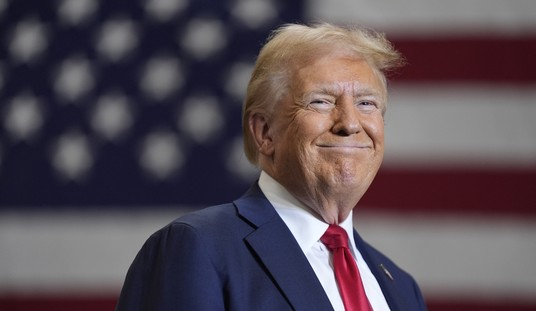
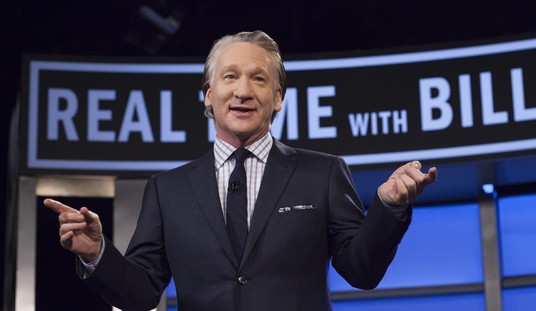
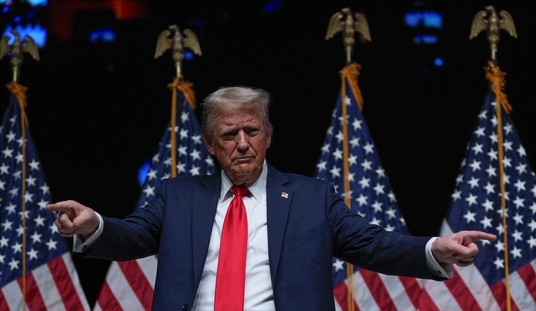


Join the conversation as a VIP Member